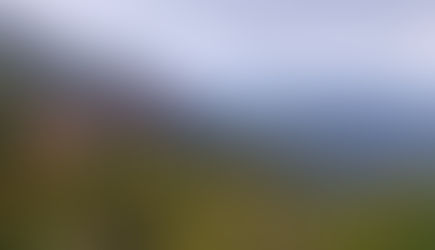WAT BANG KUNG, THAILAND
- Eleni Kyriacou
- Sep 9, 2025
- 2 min read
Whilst touring the ancient Ayutthaya kingdom near Bangkok we visited Wat Bang Kung. Wat Bang Kung is an enchanting little temple enveloped amidst the roots of a banyan tree which grows above and alongside the modest building. It is a beautiful example of nature blended with architecture. The roots echo the architecture such as by swirling around doorways that offer a view into the temple, revealing a golden glimpse of the Buddha statue sitting inside, creating a magical experience.
In the surrounding gardens a series of golden Buddha statues represent the days of the week in Buddhas various poses each holding a different meaning:
Sunday | Paang Thawai Net
The Buddha stands, gazing at the Bodhi tree. Both hands hang down together, right hand overlapping the left, representing the teachings of Buddha, serving as a reminder for people to maintain inner calm and mindfulness.
Monday | Paang Harm Samoot
The Buddha stands with right hand raised and palm facing outward representing compromise and mediation, serving as a reminder of the importance of resolving disputes through peaceful discussion.
Tuesday | Paang Saiyasana
The Buddha is shown reclining on his right side, resting his head on his right arm and his left arm along his body, symbolising detachment from the cycle of rebirth and the material world.
Wednesday | Paang Kombat
Buddha stands with both hands wrapped around an alms bowl, representing caring for others.
Thursday | Paang Nung Samadhi
The Buddha is shown sitting in a meditative state with both legs crossed, symbolising deep concentration and the attainment of enlightenment.
Friday | Paang Rum Peung
Buddha stands with arms raised and crossed over the chest with the right hand placed over the left. This posture symbolises silent determination, tolerance, and represents a moment of contemplation shortly after the Buddha attained enlightenment.
Saturday | Paang Naga Prok
In this posture, the Naga king protects the meditating Buddha from a monsoon by raising his many-hooded cobra headdress. This pose symbolises protection from suffering.






























































Comments